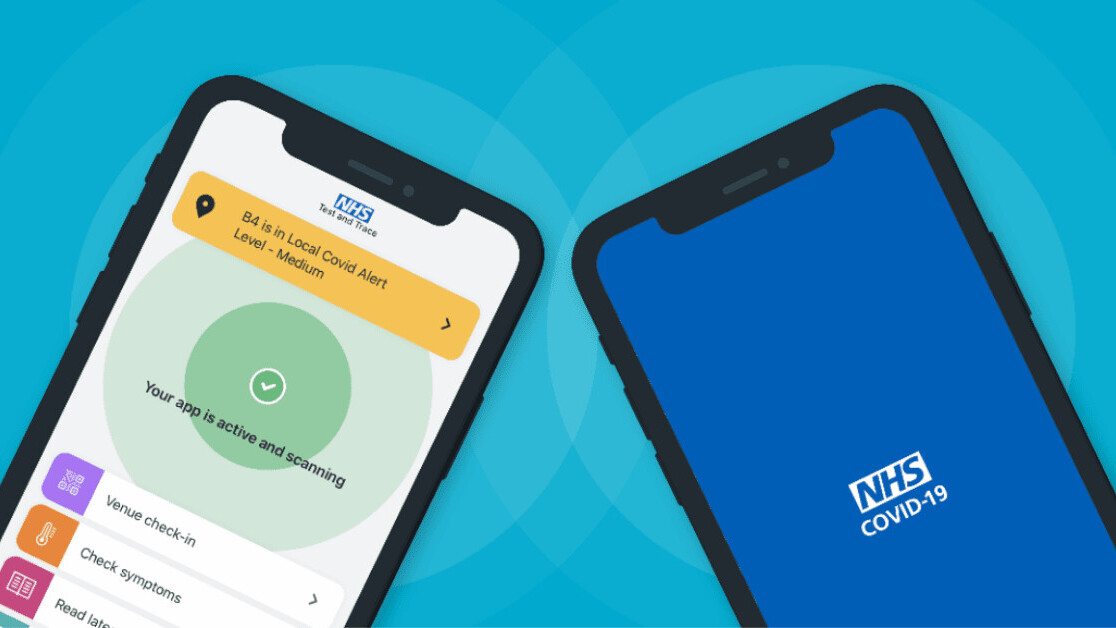
An update to England and Wales’ contact-tracing app has been blocked by Apple and Google for violating their location data collection rules.
When gyms, pub gardens, and non-essential shops reopened today, the COVID-19 app was supposed to have a new feature that would log every place that a user checked into. If they later tested positive, the app would inform other people who’d been to that venue.
But this collection of location data is prohibited by Apple and Google, who developed the decentralized API model on which the app is based. The update has therefore been blocked from Google Play and the App Store.
A spokeswoman for the UK’s Department of Health told the BBC that the new feature had merely been “delayed” and that the app’s core functionality has not been impacted. But privacy advocates have slammed the location-tracking plan.
Ray Walsh, a digital privacy expert at ProPrivacy, said it appeared the government was trying to trick the public into believing their data would be handled appropriately:
The Department of Health claimed that the UK’s app would continue to handle data in a private and decentralized manner even if users shared their check-ins to protect fellow users. However, it seems that in reality, the feature would require a centralized repository of data to be amassed by the authorities. It is now clear that the government either misunderstood how it can leverage the technology provided by Google and Apple, or was hoping to sneak this update in the back door and get people to opt-in to a centralized approach without providing transparency about exactly what they were doing.
The government had initially intended to develop a homegrown contact-tracing app, but switched to Google and Apple’s more privacy-focused model last June.
Walsh said it was vital that the app continued to use a decentralized approach that doesn’t constantly track people’s whereabouts:
The government agreed not to harvest any location data from consumers in order to gain access to Google and Apple’s privacy-centric contact-tracing tech and it’s hugely concerning that the government attempted to sidestep those privacy protections without making it clear to the public that this would cause location data to be collected.
Greetings Humanoids! Did you know we have a newsletter all about AI? You can subscribe to it right here.
Get the TNW newsletter
Get the most important tech news in your inbox each week.




